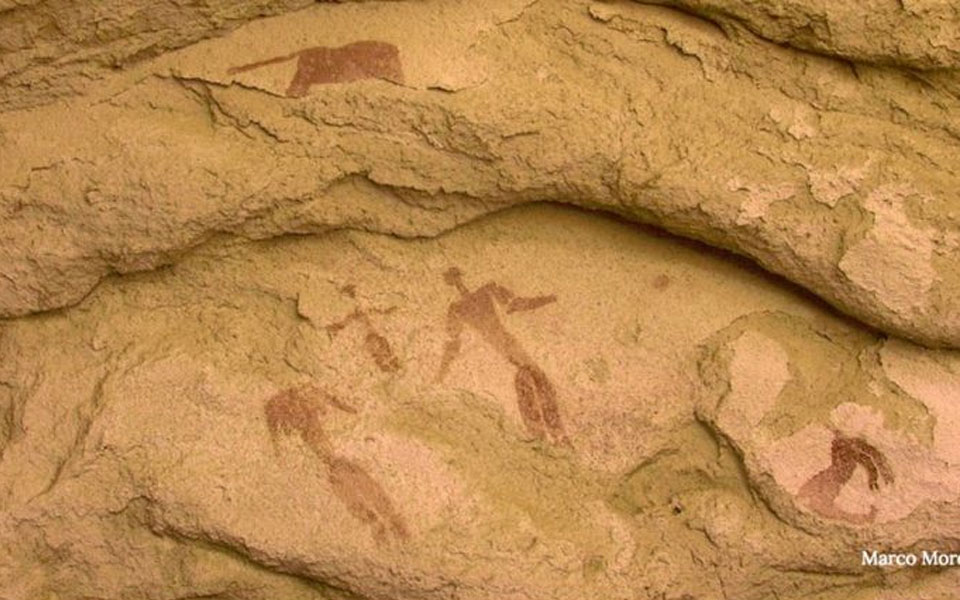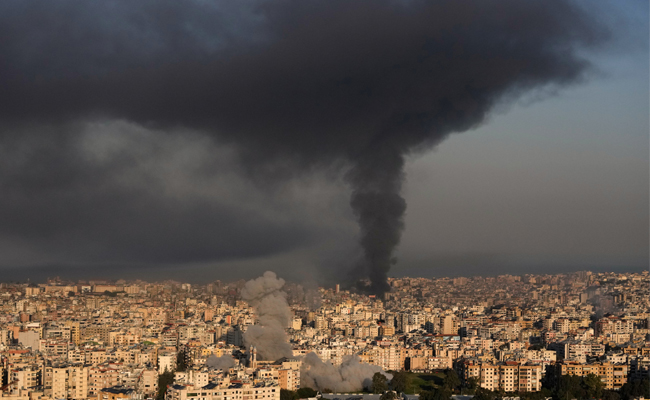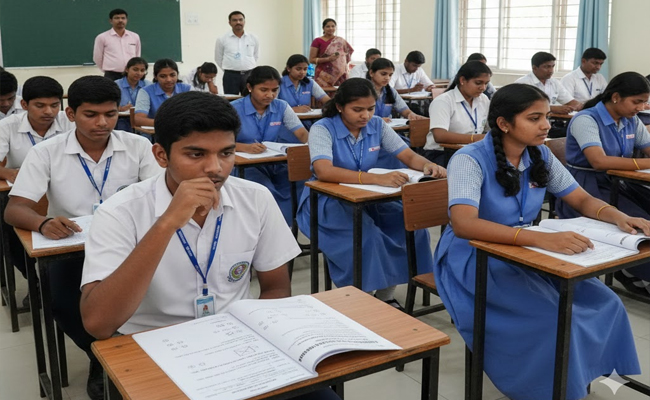Beijing, June 11 : Archaeologists have confirmed that a rock painting discovered in the Lesser Khingan Mountains in China's Heilongjiang province dates back 12,000 years.
A researcher said that several images painted with ochre were discovered on a rock in the city of Heihe. Preliminary studies showed that it was a scene of humans hunting, reports Xinhua news agency.
He said that archaeologists confirmed the images of three mammoths, which means the rock paintings were made before the extinction of the animal, or at least 12,000 years ago.
Meanwhile, archaeologists believe that the paintings were made by using fingers, not brushes, and with paints such as ochre.
"Ochre alone cannot be preserved on rock for such a long time. The paint is a mixture of ochre and animal glue, which has helped the artwork survive thousands of years," he added.
Let the Truth be known. If you read VB and like VB, please be a VB Supporter and Help us deliver the Truth to one and all.
Dubai (AP): Airstrikes targeting an air base in southeastern Iran killed at least 13 Iranian troops there, local media reported.
The semiofficial Tasnim news agency and the Hammihan daily newspaper reported the strike in Kerman, 800 kilometres (500 miles) southeast of Iran's capital, Tehran.
The Kerman Air Base is known to house military helicopters.





